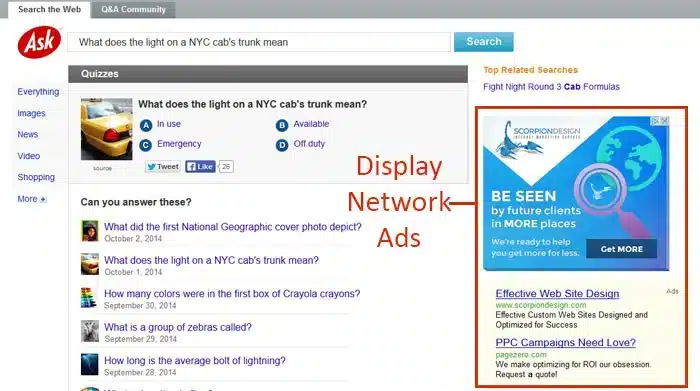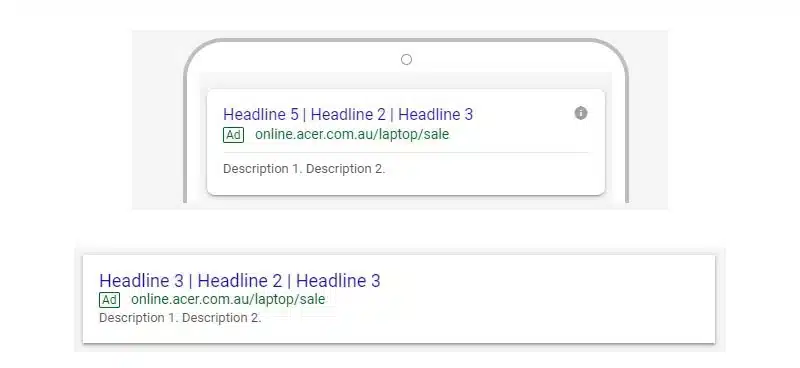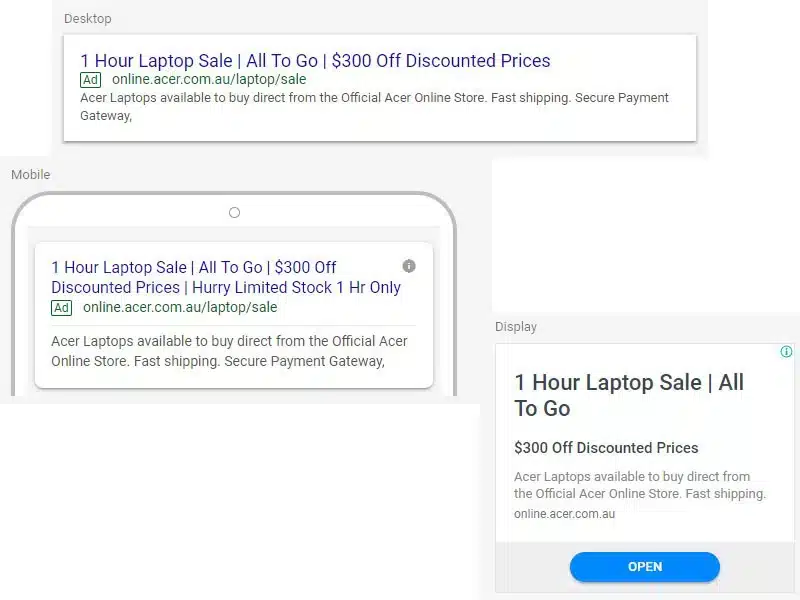A marketing plan is essential to any business, large or small. But what exactly should you be doing, and how can a marketing plan help?
Whether it’s introducing a product to the market or creating awareness about the services your business offers, entrepreneurs quickly realize that having an effective marketing plan is key to success. A marketing plan provides clear guidance on your objectives, budget, timeline and strategy for gaining customers or clients for your business.
In order to make the most of your limited resources and ensure future profitability, a well-crafted plan is essential. In this article, we’ll discuss what a marketing plan is and why every business needs one. We’ll also look at the components of an effective strategy and explain how different aspects like positioning and segmentation can affect results.
What components should be included in a marketing plan template?
A marketing plan template should include the following components:
- Situation Analysis: This section should provide an overview of your current market position, including a description of your target audience and competitors.
- Objectives: Outline the goals you want to achieve with your marketing efforts, such as increasing sales or brand awareness.
- Strategy: Describe the strategies and tactics you will use to reach your objectives, such as advertising campaigns like the one from Google Ads or social media marketing using Facebook.
- Budget: Estimate the costs associated with each strategy and determine how much you can afford to spend on marketing.
- Timeline: Set a timeline for achieving your goals and outline the steps you will take to get there.
- Measurement: Describe how you will track progress and measure success, such as tracking website visits or sales using Google Analytics.
By creating a plan, you can ensure that your efforts are focused and effective. It will help you stay organized and on track, while also providing a roadmap for success. With the right plan in place, you can maximize your resources and increase your chances of achieving your goals.
When should you use a marketing strategy?
When it comes to marketing, timing is everything. A well-crafted marketing strategy should be used whenever you want to introduce a new product or service to the market, create awareness about your business, or increase sales and profits. It can also be used when launching a new campaign, entering a new market, or rebranding your business.
A marketing strategy should also be used when you want to measure the success of your efforts and track progress. By setting measurable goals and tracking results, you can adjust your strategy as needed to ensure that you are achieving the desired outcomes.
What businesses need marketing plans?
Businesses of all sizes need marketing plans in order to succeed. Whether you are a small start-up or an established corporation, having a well-crafted marketing plan is essential for achieving your goals. Having a marketing plan in place can help define your objectives, budget, timeline and strategies in order to gain customers or clients for your business. It can help you maximize resources and increase your chances of success by providing a roadmap to follow.
How often should you review and update your marketing plan?
It is important to review and update your marketing plan regularly in order to ensure that it remains relevant and effective. Depending on the size of your business and the scope of your marketing efforts, you may need to review and update your plan every few months or once a year. When reviewing your plan, consider any changes in the market, customer needs, or competitive landscape that may require adjustments to your strategy.
How should resources (time, money, etc.) be allocated in an effective marketing plan?
When allocating resources in an effective marketing plan, it is important to consider both short-term and long-term goals. Short-term goals should be focused on immediate objectives such as increasing brand awareness or launching a new product. Long-term goals should focus on building relationships with customers and creating loyalty over time.
It is also important to consider the budget when allocating resources. Make sure that you are allocating enough resources to achieve your goals while also staying within your budget.
Finally, it is important to consider the timeline when allocating resources. Make sure that you are allowing enough time for each step of your plan and that you are setting realistic deadlines.
When creating a marketing plan, it is important to consider the target audience. This includes understanding who your customers are, what their needs and wants are, and how you can best reach them. Knowing your target audience will help you create a more effective strategy that resonates with them and encourages them to take action.
You might also want to try digital marketing as part of your marketing plan. We recommend this blog about the ultimate guide to digital marketing which is worth your consideration. We also have a blog on how digital marketing can help you grow your business in this era of the digital age.








